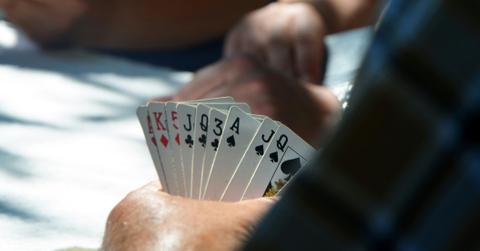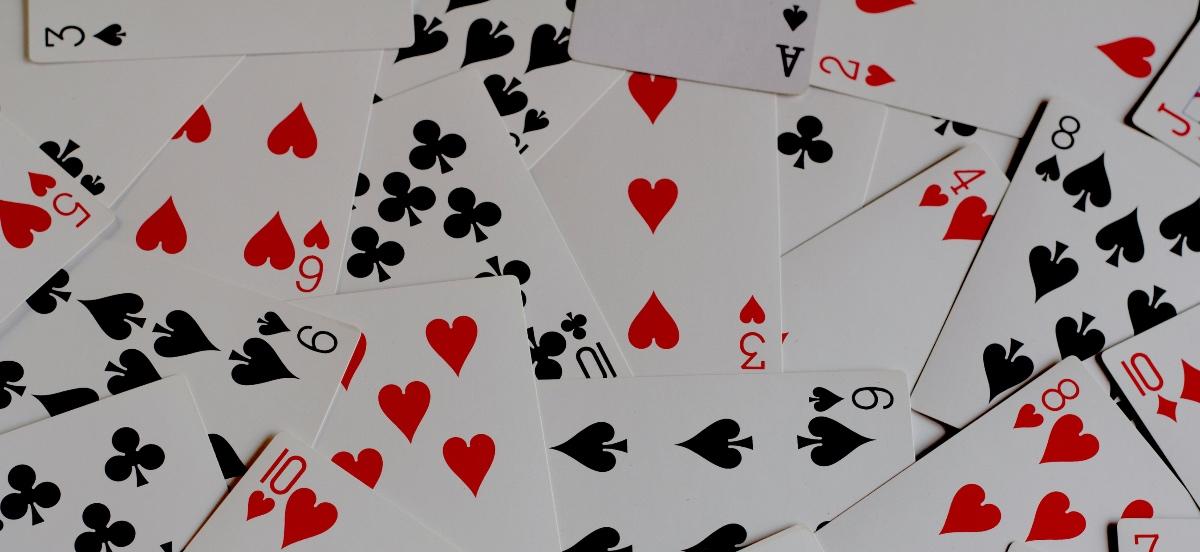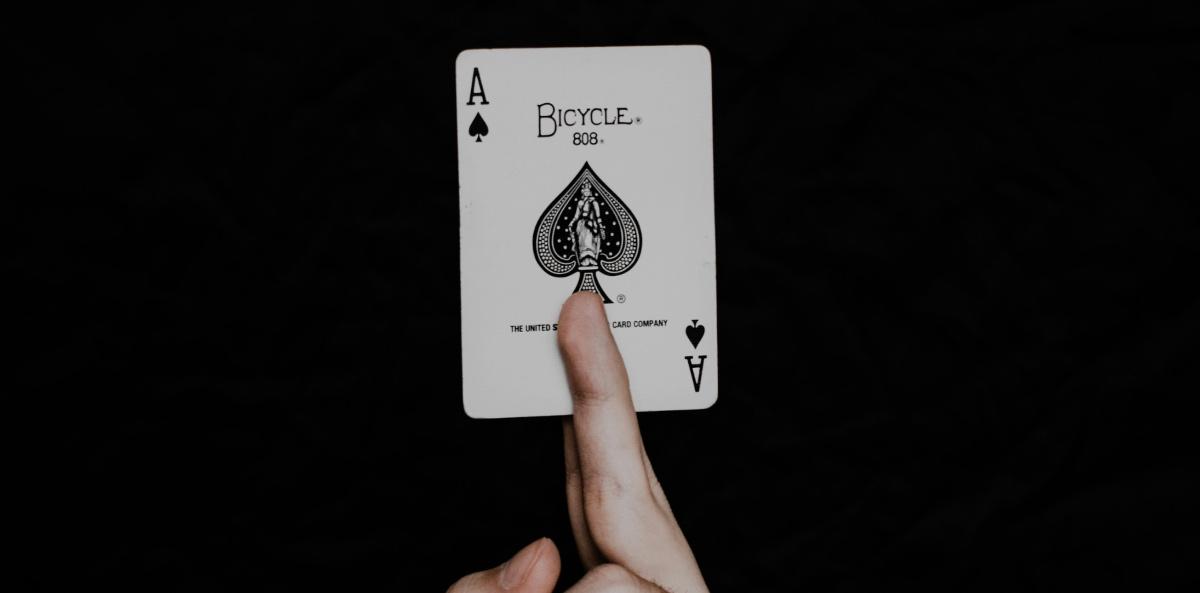Is Counting Cards Illegal? Find out the Details Behind the Rules
For as long as playing cards has been a hobby (or for some, even a profession) there have been those who have utilized counting cards to win.
Published June 23 2025, 3:51 p.m. ET

Card playing has been a favorite pastime of many for generations, and although the games may change, the popularity of the international hobby continues. However, there are rules to playing cards, and one of the most notorious workarounds is counting cards.
For as long as playing cards has been a hobby (or for some, even a profession), there have been those who have utilized counting cards to win — whether you’re playing in casinos, tournaments, or smaller, local games. But is counting cards actually illegal?

Is counting cards illegal?
Despite the practice being heavily frowned upon, card counting is not currently illegal in the United States, according to Casino.org. Card counting involves keeping a mental tally of the cards dealt, so you have information about the cards that haven’t been dealt.
Casinos do have the right to remove any card player that they believe is counting cards to tip the winning scales in their favor. However, per the New Jersey Supreme Court decision, Atlantic City casinos in New Jersey are forbidden from banning card counters.

Per the ruling, "The state's control of Atlantic City's casinos is so complete that only the New Jersey Casino Control Commission has the power to make rules to exclude skillful players." Since they can’t legally ban counters even if they are identified, Atlantic City casinos have increased the use of countermeasures.
Have there ever been legal consequences for targeting card counters?
In November 2024, a Baltimore man filed a formal lawsuit against the Horseshoe Casino, alleging that he was illegally detained for counting cards, according to The Baltimore Banner.
Jordan Kerr said that in October 2024, a casino supervisor approached him and told him to step away from the table before asking for his driver’s license. Jordan said that he refused the request and was suddenly swarmed by security guards and taken to a back room of the casino.
“The Horseshoe security supervisor and a Horseshoe special police officer told Kerr that he would be arrested and placed in handcuffs if he did not go to the casino’s back room with them. In the face of the threats from Horseshoe personnel that they would commit unlawful physical battery against him if he did not go with them, Kerr proceeded to walk with them to the casino’s back room,” the complaint read.

In his lawsuit, he alleged that the security guards detained him illegally while waiting for police to arrive at the casino, but the local authorities ever came because he didn’t commit a crime. “I just want to make sure they don’t treat other people like that,” Jordan said, while also stating at the time that filing the lawsuit was to hold the Horseshoe Casino responsible for their actions.
“As a result of Horseshoe casino’s false imprisonment of Kerr and battery they committed against him, Kerr has suffered loss of liberty, outrage, mortification, mental anguish, emotional distress, anxiety, loss of sleep, and hedonic injury,” the lawsuit read. Jordan is seeking $3 million in damages for two counts of false imprisonment and battery.